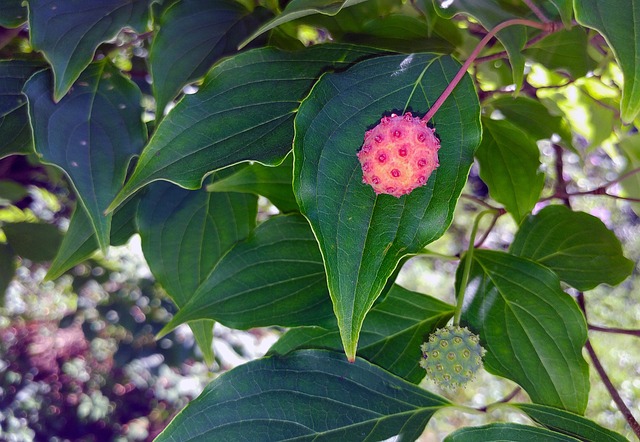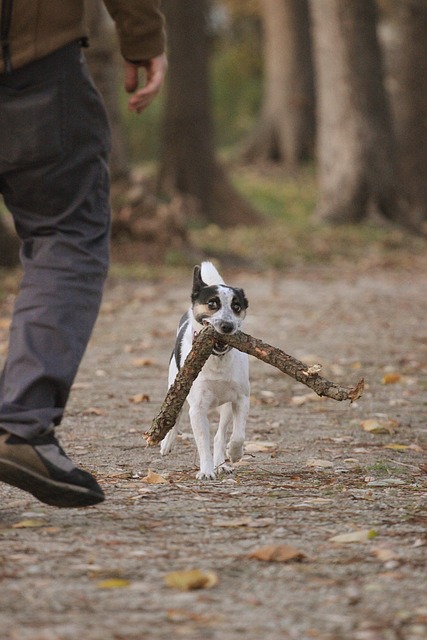betuno 🏀 Betuno: A Sticky Situation That Needs Attention

Betuno: A Sticky Situation That Needs Attention
When you think of the streets of Brazil, what comes to mind? Lively markets, samba rhythms, and the tantalizing aroma of street food wafting through the air? But beneath the vibrant surface lies a sticky problem that many choose to overlook: betuno. This thick, tar-like substance is more than just an annoyance; it’s a growing issue that affects our cities, our environment, and ultimately, our quality of life.
Betuno, commonly used for road construction and sealing, has become an unwelcome guest on our streets. While it’s intended to keep our roads in shape, its presence has morphed into a menace that clings to shoes and tires, making walks and drives an exercise in frustration. Who hasn’t experienced the horror of stepping onto a sticky patch and finding themselves tethered to the ground? It’s not just an inconvenience; it’s an outright hazard.betuno
Let’s break down the reality of betuno. First, its impact on our environment cannot be ignored. When temperatures soar, as they often do in our tropical climate, this substance becomes even stickier and more pervasive. It seeps into cracks and crevices, causing unsightly stains on sidewalks and public spaces. With the rainy season, betuno mixes with water, creating harmful runoffs that pollute our rivers and ecosystems. The very substance we use to pave the way for progress is, in fact, becoming a barrier to a cleaner, healthier environment.betuno
Moreover, the economic implications are staggering. Local businesses, especially those that depend on foot traffic, suffer from the unsightly mess that betuno creates. Potential customers are less likely to stroll through streets that resemble a sticky trap. Not to mention, the maintenance costs for cleaning and repairing surfaces marred by betuno can drain resources from local governments already stretched thin. It’s a cycle that needs to be broken, and fast!betuno
The question arises: why is this sticky substance still being used so liberally? One of the main reasons is the lack of awareness and action from the authorities. It seems that the problems caused by betuno have become an accepted part of urban life—a nuisance we’ve come to tolerate rather than challenge. But complacency is not an option. We must demand better solutions, alternatives, and accountability from those in charge.betuno
Some might argue that betuno is a necessary evil in the world of construction and road maintenance. However, this is a shortsighted view. Innovations in materials and techniques have made it possible to find alternatives that are both effective and environmentally friendly. We should be investing in research and development to promote these solutions instead of sticking with outdated practices that harm our cities.betuno

Cities around the world are embracing eco-friendly materials that reduce environmental impact and are safer for pedestrians and cyclists. It’s time for Brazil to join the movement. We should be tapping into the creativity and ingenuity of our engineers and scientists to develop solutions that not only pave our roads but do so without the sticky aftermath of betuno.betuno

The public, too, has a role to play in this conversation. Awareness is key. As residents, we must educate ourselves and our communities about the detrimental effects of betuno. We should be vocal about our experiences and push for change. Social media platforms have given us a voice; let’s use it to bring attention to this sticky issue. Change often starts from the ground up, and the more we talk about it, the more likely it is that our cries for a cleaner, safer urban environment will be heard.betuno
In conclusion, the betuno debacle is more than just an urban nuisance; it’s a call to action. We need to address this sticky problem head-on, not only for the sake of our streets but for the well-being of our environment and economy. Let’s demand that our leaders prioritize sustainable practices and seek innovative solutions that will help us move away from betuno reliance. After all, a cleaner, more functional urban landscape is not just a dream; it’s a necessity. So, let’s roll up our sleeves, get our voices heard, and pave the way for a better future—one that is free from the sticky grasp of betuno.
Fale conosco. Envie dúvidas, críticas ou sugestões para a nossa equipe através dos contatos abaixo:
Telefone: 0086-10-8805-0795
Email: portuguese@9099.com


